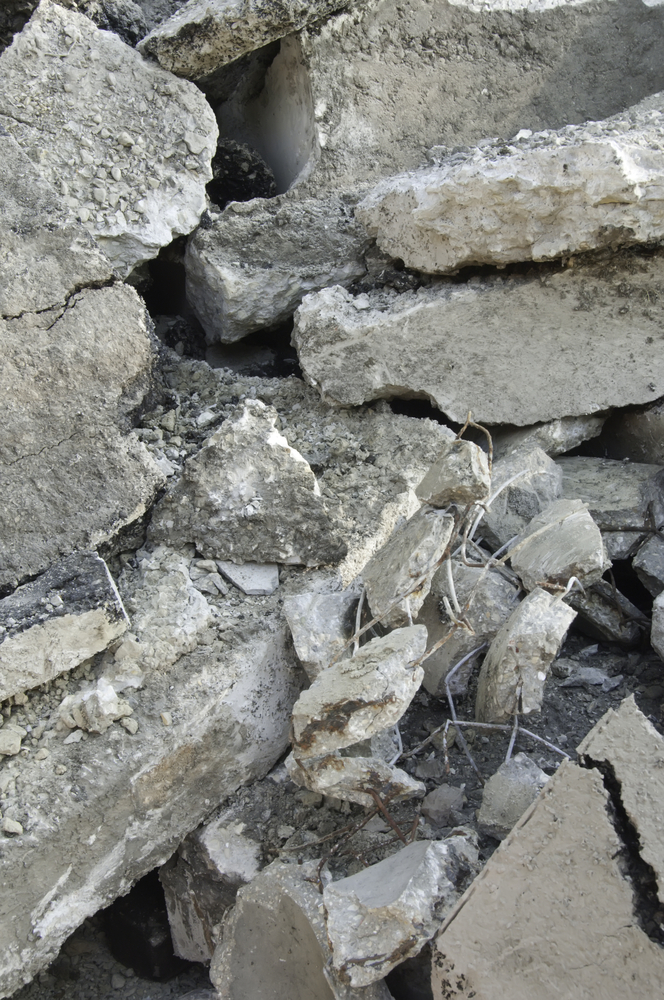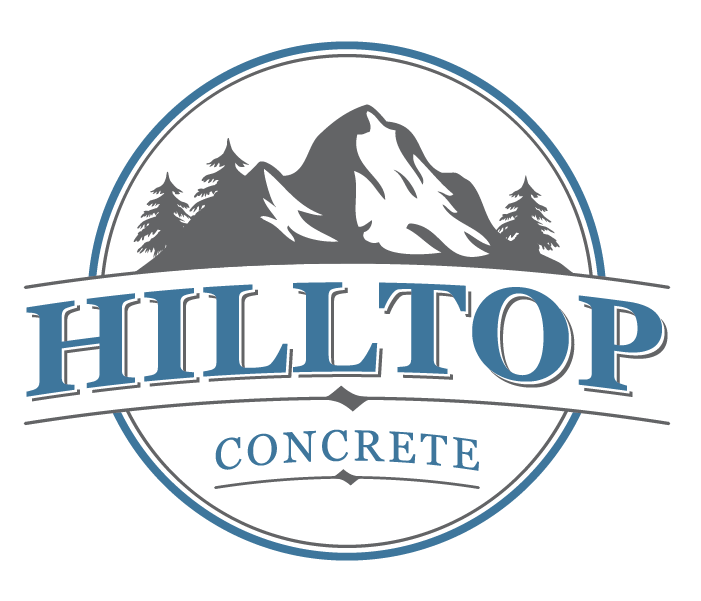No matter where you look, concrete is easily one of the most extensively used construction materials in today’s world. In fact, concrete has long been a highly used construction material, dating back to the Ancient Romans. Concrete is used in buildings, bridges, roads, sidewalks, landscaping, fencing - the list can go on and on! Here at Hilltop, we use concrete to form our precast concrete fence systems. But did you know that not all concrete is the same?
Concrete is made by combining cement, water, and aggregates in specific proportions. The water that is added creates a chemical reaction and, once hardened, the mixture forms concrete. Mixing these ingredients in the right proportions is what makes quality concrete and also determines the differences in concrete.
The cement that is added is the “glue” that holds everything together. The grade of the cement used plays an important role in the overall strength of the concrete. Essentially, the higher the grade of cement, the higher the strength of the concrete. Hilltop Concrete uses ASTM-C150, Type I, or Type III Portland cement in our concrete mixture to reach our desired strength after curing. Essentially, the more cement, the stronger the bond between the ingredients; the less cement, the weaker the bond between the ingredients. However, the ratio of water to cement is just as important. Adding more water to the cement may make the mixture easier to work with but can also reduce strength and cause the concrete to crack easily. This doesn’t mean less water is better though. Too little water can cause the concrete to be hard to work with, produce a rough finish and be extremely porous. Sand and gravel are common aggregates in concrete. The aggregates added to the mixture form the “filler” that the cement holds together. The composition, size, and shape of the aggregates used impact the concrete’s workability, durability, and strength.
How is concrete strength measured? PSI, pounds per square inch, is the rating used for measuring the compression strength of concrete. The benchmark rating for concrete is generally 3,000 PSI and the higher the PSI, such as a 5,000 PSI mix, which means the concrete is stronger, more durable, and will last longer. The PSI required for concrete depends on what is being poured and each concrete structure has a “normal” acceptable PSI range. For example, concrete footings and slabs require a range from 3,000 PSI to 4,000 PSI, concrete walls and columns range from 3,000 PSI to 5,000 PSI and pavements generally range from 4,000 PSI to 5,000 PSI. At Hilltop Concrete, all of our panels, posts, and caps have a compression strength of 5,000 PSI at 28 days to ensure superior strength and durability.
Improvement in strength was achieved early on by introducing steel reinforcement. It is now common practice for rebar to be incorporated in concrete to reduce cracking or breaking and improve the overall strength of the concrete to ensure a lasting end product. We manufacture all of our precast concrete fence components with steel reinforcement to ensure that our products are sure to stand up to any condition! In addition to steel and rebar reinforcement, concrete strength has also been improved by adding fibrous materials. These fibers can include steel fibers, glass fibers, natural fibers, or synthetic fibers. Varying factors, such as the type, shape, dimension, and length of the fiber, all contribute to the effectiveness of using fiber as a secondary reinforcement method.
At Hilltop Concrete, we are proud to say that we believe in the durability and quality of our products. And over the years, the improvements made in concrete have made it possible for us to manufacture our precast concrete fence systems and ensure that we can provide a product that is sure to last for years to come. Visit our website today to learn more about our products and our company. You can also reach out to us via email at hello@hilltopconcreteco.com or phone at 903-630-5465 to learn how Hilltop Concrete can become your trusted concrete fence contractor today!

.png?width=697&height=597&name=Hilltop%20Logo%20WHITE%20(1).png)
